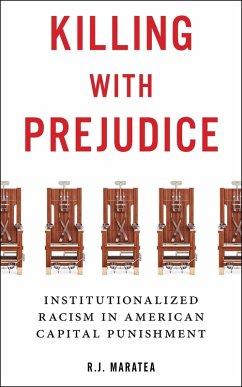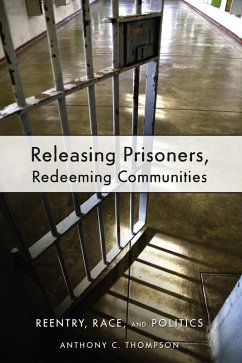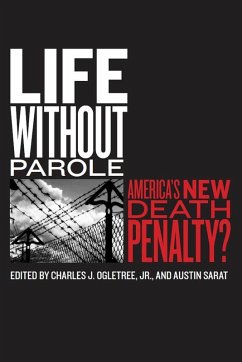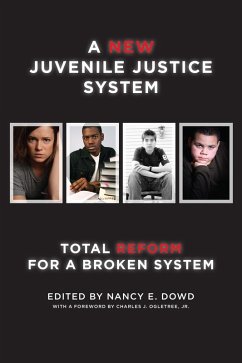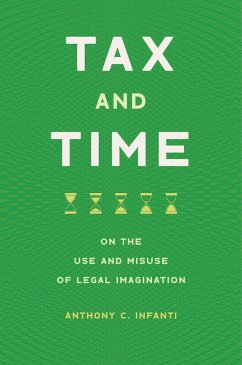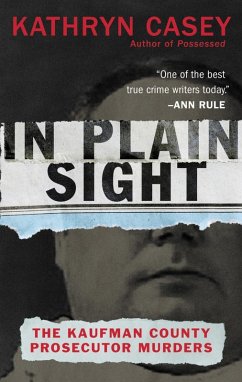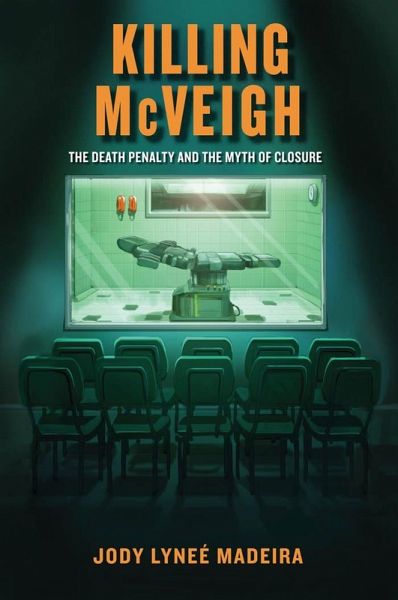
Killing McVeigh (eBook, ePUB)
The Death Penalty and the Myth of Closure

PAYBACK Punkte
12 °P sammeln!
On April 19, 1995, Timothy McVeigh detonated a two-ton truck bomb that felled the Alfred P. Murrah Federal Building in Oklahoma City, killing 168 people. On June 11, 2001, an unprecedented 242 witnesses watched him die by lethal injection.In the aftermath of the bombings, American public commentary almost immediately turned to closure rhetoric. Reporters and audiences alike speculated about whether victim's family members and survivors could get closure from memorial services, funerals, legislation, monuments, trials, and executions. But what does closure really mean for those who surviveor lo...
On April 19, 1995, Timothy McVeigh detonated a two-ton truck bomb that felled the Alfred P. Murrah Federal Building in Oklahoma City, killing 168 people. On June 11, 2001, an unprecedented 242 witnesses watched him die by lethal injection.
In the aftermath of the bombings, American public commentary almost immediately turned to closure rhetoric. Reporters and audiences alike speculated about whether victim's family members and survivors could get closure from memorial services, funerals, legislation, monuments, trials, and executions. But what does closure really mean for those who surviveor lose loved ones intraumatic acts? In the wake of such terrifying events, is closure a realistic or appropriate expectation?
In Killing McVeigh, Jody Lyneé Madeira uses the Oklahoma City bombing as a case study to explore how family members and other survivors come to terms with mass murder. The book demonstrates the importance of understanding what closure really is before naively asserting it can or has been reached.
In the aftermath of the bombings, American public commentary almost immediately turned to closure rhetoric. Reporters and audiences alike speculated about whether victim's family members and survivors could get closure from memorial services, funerals, legislation, monuments, trials, and executions. But what does closure really mean for those who surviveor lose loved ones intraumatic acts? In the wake of such terrifying events, is closure a realistic or appropriate expectation?
In Killing McVeigh, Jody Lyneé Madeira uses the Oklahoma City bombing as a case study to explore how family members and other survivors come to terms with mass murder. The book demonstrates the importance of understanding what closure really is before naively asserting it can or has been reached.
Dieser Download kann aus rechtlichen Gründen nur mit Rechnungsadresse in A, D ausgeliefert werden.





